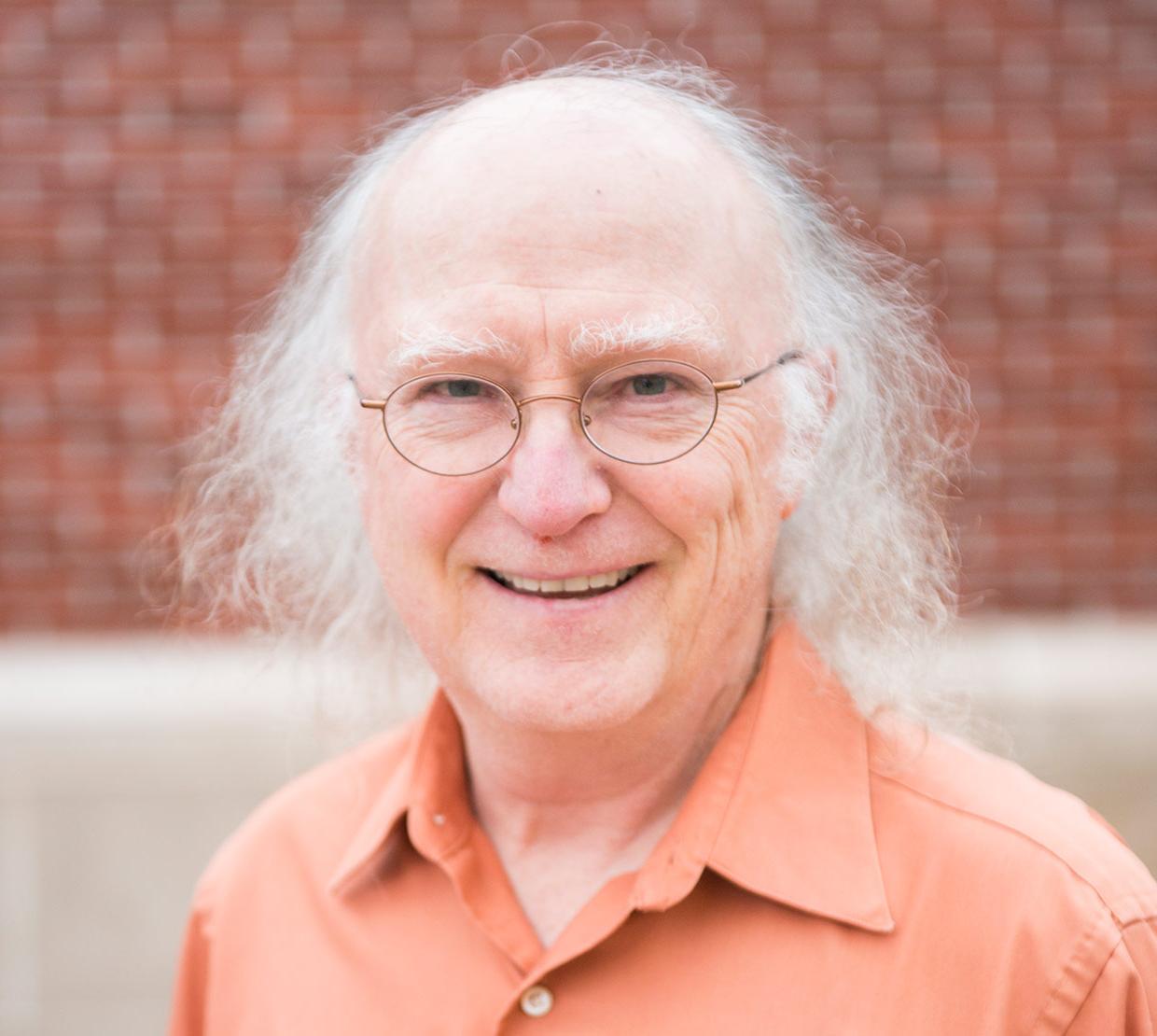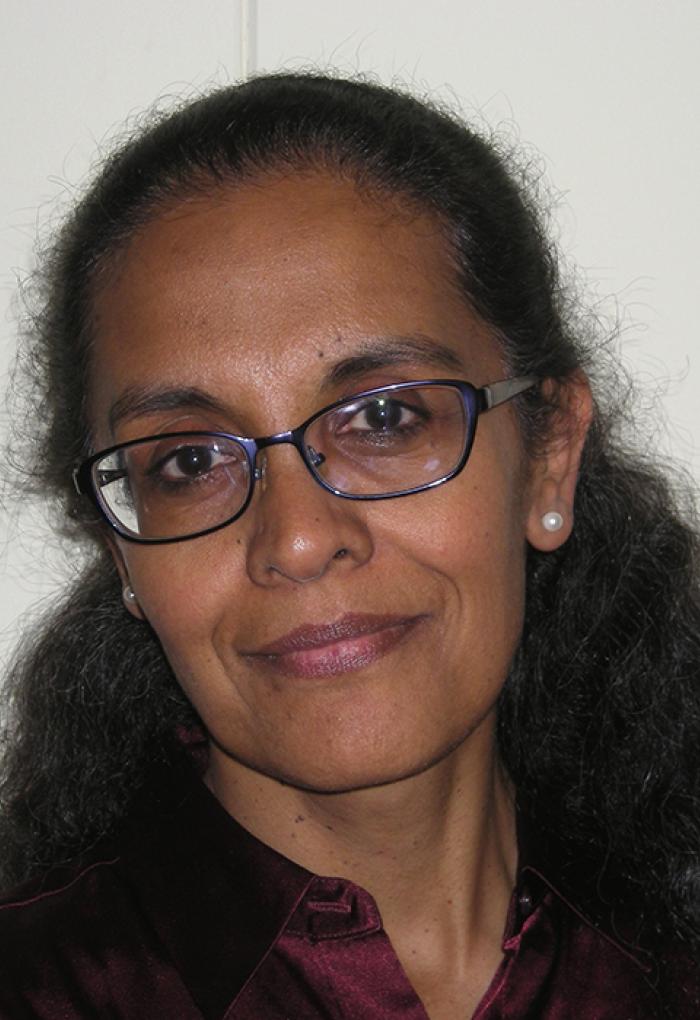Department of Biochemistry and Biophysics professor, Kevin Ahern's online textbook, Biochemistry Free For All, has just been released and is now available to download for iPads and Macs.
This is the second electronic biochemistry and biophysics book by Ahern and his co-authors, Indira Rajagopal, his wife and senior biochemistry and biophysics instructor, and former student Taralyn Tan ('08). The three co-authored Biochemistry Free and Easy (2012). Ahern and Rajagopal, who have helped many Oregon State biochemistry and biophysics students succeed in the competitive quest for admission to medical school and other health professions over the years, have also written Kevin and Indira's Guide to Getting into Medical School (2013). The books are extremely popular with biochemistry and biophysics majors and draw extensively on Ahern and Rajagopal's decades-long experience as teachers, researchers and mentors.
Co-author Tan, a former student of Ahern's, is an outstanding young scientist with a strong interest in science education. After graduating with a degree in biochemistry and biophysics from Oregon State, Tan went on to earn a Ph.D. in neuroscience at Harvard and is currently a Curriculum Fellow in the neurobiology department at Harvard Medical School.
All three books are free and available to download on iPad, iPhone and Mac for students at OSU and learners worldwide. In the first two weeks, since its release, Biochemistry Free For All, has been downloaded 3,500 times. Biochemistry Free and Easy has been downloaded 180,000 times globally since 2012. Ahern is an ardent advocate of the use of technology and digital media to enhance and aid deep scientific learning and engagement in the undergraduate classroom, and his downloadable digital textbooks and medical school guide are significant steps towards widening access and cutting costs for students.
Highly priced college science textbooks can have an acutely negative impact on students, particularly affecting first-generation students and students from low-income families who find themselves having to spend a significant portion of their financial aid on textbooks. A 2014 study by the College Board found that students spend about $1200 a year on textbooks and often end up trapped in the bleak scenario of having to work extra hours at the cost of their studies to pay for textbooks which negatively impacts their academic performance. Those who opt not to buy textbooks also invariably perform poorly in courses and fail to graduate. Thus, high costs of textbooks can be a significant roadblock to student academic success and degree completion.





